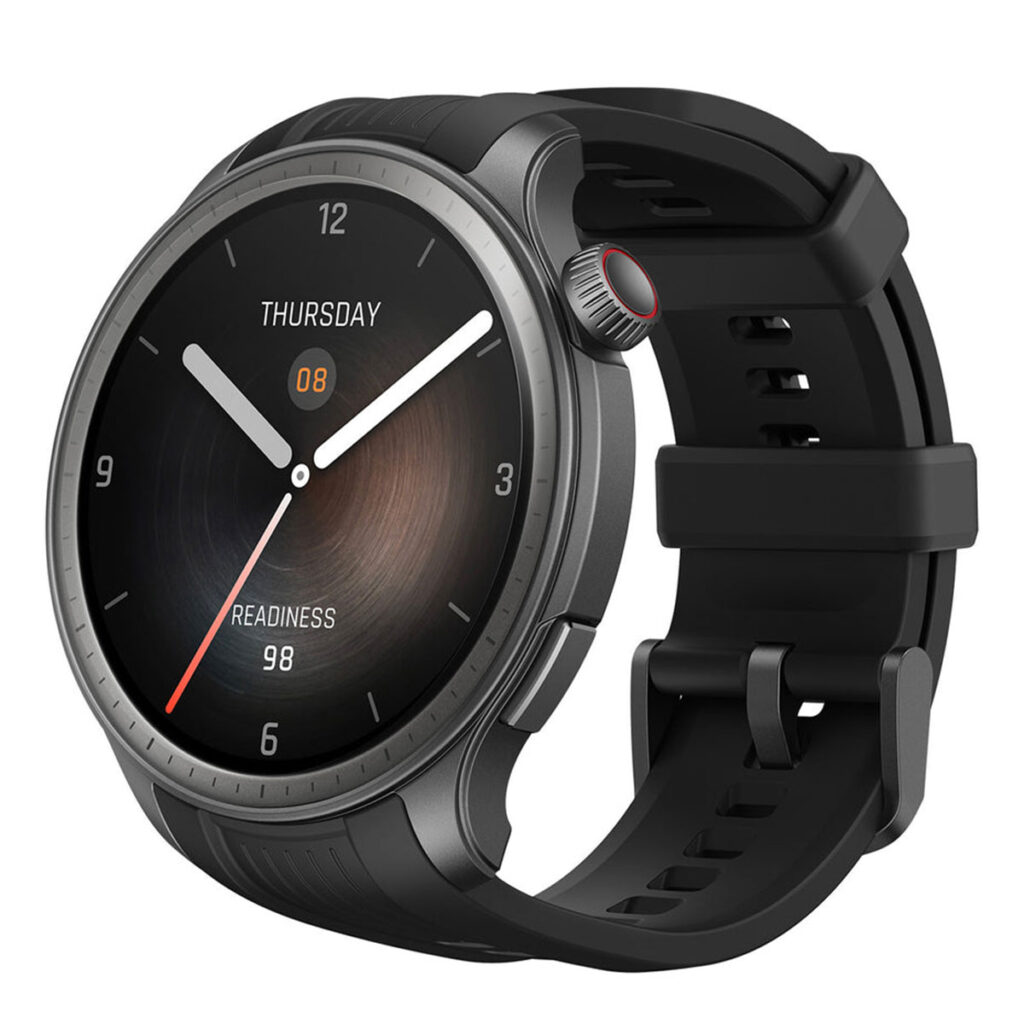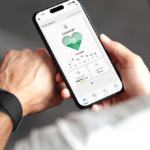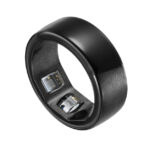Users of Amazfit Balance smartwatch in China, Malaysia and Brazil AND report on social media that a new blood pressure measuring feature has appeared in the test modes. It appears to be a smartwatch with blood pressure monitor, in the app. They report this feature to be similar to that of the Samsung Galaxy Watch. Officially, the company did not roll out the blood pressure checking tool to all Amazfit Balance smartwatches.
How blood pressure is measured in this smartwatch
YouTube user @petersoncpxb demonstrated the tool in a recent video.
The feature is found in a new version of the app on the watch. When you want your blood pressure measured, the smartwatch prompts you with a message to ensure the wristband on your Balance watch is properly tightened.
The measurement is taken over thirty seconds, with messages prompting you to place your arm flat on the table and keep still. Users are then presented with their systolic and diastolic blood pressure measurements and their current heart rate. The past record is also available.
This Amazfit smartwatch with blood pressure monitor requires calibration with a blood pressure cuff. Also, regular sensor recalibration is recommended. Currently, the wearable is not medically certified. A disclaimer in the app reminds users that this is not a medically certified device.
Blood Pressure Smartwatches: Background
Smartwatches with blood pressure measuring capabilities are entering the market. Some are PPG based, some have inflatable bladders in wristbands. They are expected to gain significant popularity due to their convenience and health monitoring capabilities.
These smartwatches not only help in measuring blood pressure but also assist in monitoring daily training activities, distance walked, and tracking fitness goals. Moreover, the use of smartwatches extends beyond mere health tracking. They can serve as comprehensive tools for various health-related functions. Some users utilize smartwatches to measure their sleeping patterns, check calorie consumption levels, calculate daily steps, monitor heart rate, and ensure they meet their fitness goals.
Additionally, elderly individuals find these devices particularly beneficial for tracking heart rate, glucose levels, and maintaining adequate hydration levels to prevent dehydration.
It is important to exercise caution, as most smartwatches currently on the market are not clinically validated. Despite challenges related to accuracy and regulation standards due to their categorization as wellness devices rather than medical devices, smartwatches show promise in detecting conditions like irregular heart rhythms (A-fib), Lyme disease infections, onset of diabetes, and other health issues.





